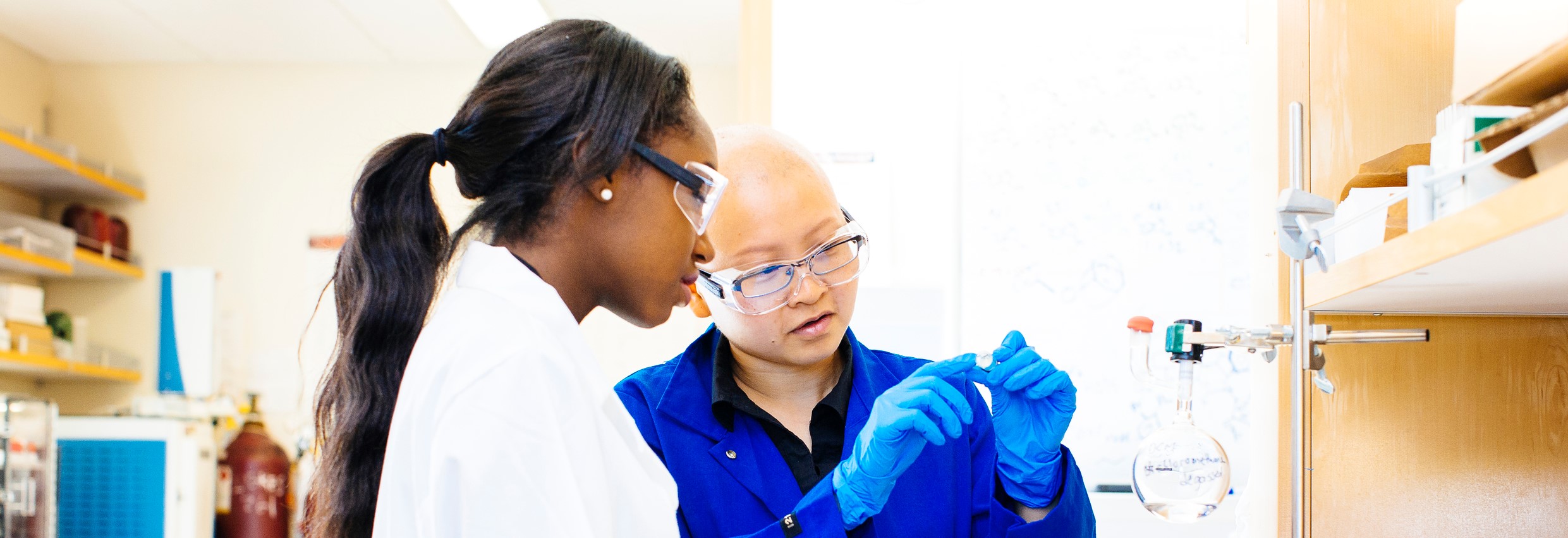Space Telescope Time and Data Analysis Boosting Astrophysics Studies This Fall
Dark matter and the life cycles of star clusters will come into focus as UC Merced’s astrophysicists get resources from the two space telescopes soon to be exploring the universe.




